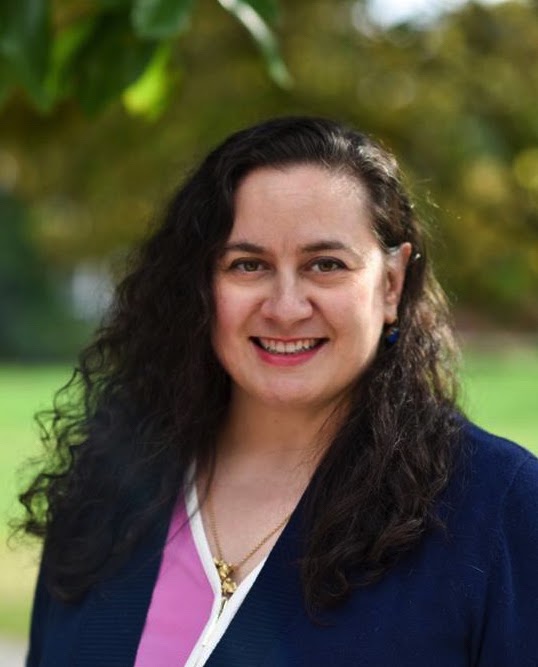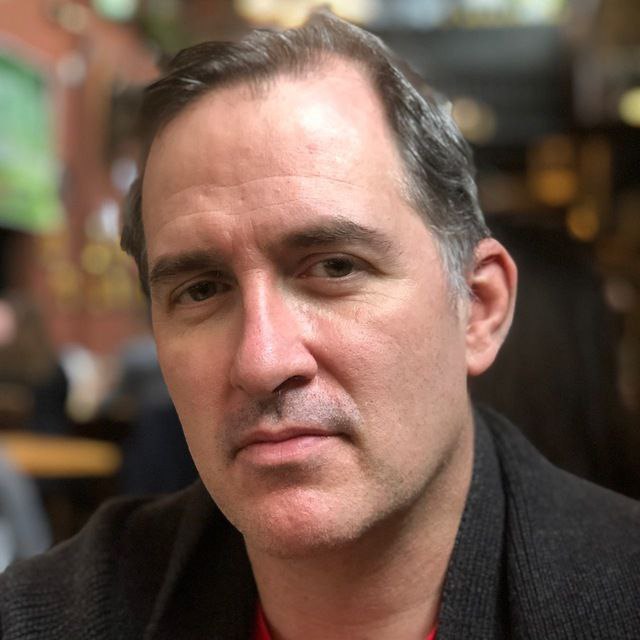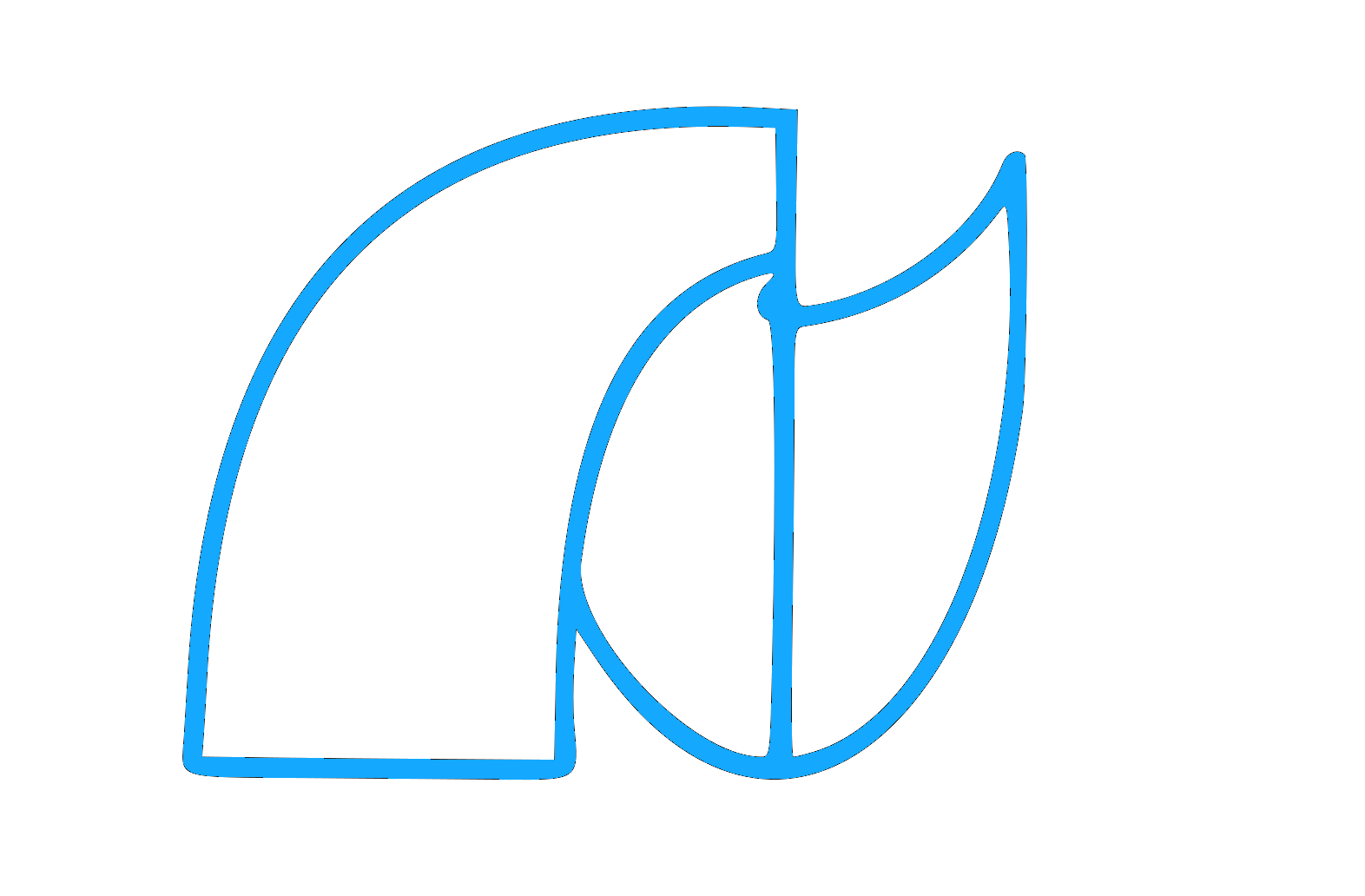Comedia Stages
A Global Performance Database of Spanish-Written Language Theater (1701–Present)
Comedia Stages is a large-scale digital humanities project designed to build a comprehensive, global database of theatrical performances of comedia—defined broadly to include any early modern plays written in Spanish—from the year 1701 to the present. Structured in four chronological phases, the project begins with the 21st century and gradually moves backward through the 20th, 19th, and 18th centuries. This phased approach allows for scalable development, data validation, and the integration of complex metadata structures over time.
Objectives and Core Functionality
The primary objective of Comedia Stages is to offer scholars, educators, and the general public an unprecedented research tool to track the afterlives of comedia texts across centuries, geographies, and performance traditions. At its core, the database records detailed metadata about each staging, including but not limited to:
- Play title
- Author (including translations and adaptations)
- Director, actors, and production team
- Company or institutional affiliation
- Venue and location
- Date of performance
- Language and version of the script
- Staging style, scenography, and dramaturgical notes
- Critical reception and audience engagement (when available)
Each entry is geolocated and chronologically timestamped, enabling dynamic mapping and visualization of comedia performances across time and space.
Search and Visualization Tools
One of the most powerful features of Comedia Stages lies in its interactive search and visualization capabilities. Users can query the database through a variety of parameters—by play, author, director, performer, venue, language, country, or historical period—and generate custom outputs, such as:
- Diachronic performance maps that trace the temporal dissemination of a play across regions.
- Company-based filters that highlight the repertoires and geographical footprints of specific theatre groups.
- Performance timelines that reveal patterns in cultural revival, adaptation trends, or political resonance.
- Statistical dashboards that aggregate data on frequency, geographical dispersion, linguistic adaptation, and gender representation in casting or authorship.
These tools are designed to be flexible and scalable, supporting everything from targeted historical inquiries to large-scale quantitative research in theatre historiography.
Scholarly Applications and Research Horizons
Comedia Stages offers a rich resource for multiple fields of inquiry:
- Theatre history: Scholars can examine how certain comedia texts—like Fuenteovejuna or El médico de su honra—have been reinterpreted over centuries and continents.
- Cultural studies: The database helps contextualize performances within broader sociopolitical movements, such as post-dictatorship Spain or decolonial projects in Latin America.
- Digital humanities: The platform enables quantitative analyses and data-driven storytelling about theatrical traditions often studied qualitatively.
- Performance studies: The project encourages analysis of production styles, scenography trends, and ideological frameworks across time and regions.
Pedagogical and Public Engagement Potential
Beyond academic research, Comedia Stages is also conceived as an educational and cultural outreach tool. Instructors can use it to create assignments where students trace a play's international performance history. Cultural institutions can use it to demonstrate the enduring relevance of Golden Age theatre in contemporary programming. With public access and clear visualization features, the project bridges academic and non-academic audiences.
Future Prospects
As the database expands chronologically, it will also integrate more advanced analytical capacities:
- API access for custom research applications.
- Linked data integration with other theatrical and literary databases.
- Exportable data sets for machine learning or computational text analysis.
- Collaborative annotation environments where scholars can add interpretive layers to performance records.
Who We Are

Alejandra Juno Rodríguez Villar
Director
Dr. Alejandra Juno Rodríguez Villar joined Hanover College in 2018 as the Early Modern scholar of the Spanish Program in the Modern Languages Department. Originally from Santiago de Compostela, Spain, she has been always an active theater practitioner as an actress, director and playwright, with a special dedication to Early Modern Spanish Theater. She specializes in early modern Spanish literature and theater. Her research and scholar production focus on cognitive studies, performance studies, humor, translation, and digital humanities. She is the author of Cuando Compostela subió el telón. Crónica sentimental de la década dorada del teatro santiagués, 1960-1970. Santiago de Compostela: Alvarellos, 2011 and numerous articles that have appeared in Frontiers in Integrative Neuroscience, Comedia Performance, EHumanista/Cervantes.

Esther Fernández
Esther Fernández works on Iberian Studies, with a special interest in the history of theatre and its relationship to an emerging civil society in Spain. Her most recent book, To Embody the Marvelous (2021), explores the role of puppets and automata in early modern Spain for the development of a rationalized sense of wonder that questioned the normative authority of religious and artistic traditions. Fernández is also a founding member of the Dragoncillo Puppet Troupe, a public engagement project dedicated to bilingual storytelling with shadow puppets. She is also a regular theatre critic on both sides of the Atlantic and she has published critical editions of early modern dramatists, such as Lope de Vega and Tirso de Molina, but also of contemporary Spanish authors, such as Carmen Martín Gaite. At Rice, Fernández has served as Program Advisor for Spanish and Portuguese, Divisional Advisor for the Humanities, Resident Associate at Wiess College, and Fellow at the Center for Teaching Excellence. She received the Sophia Meyer Farb Prize for Teaching in 2018 and the George R. Brown Award for Superior Teaching in 2022. In 2018, she was a Summer Fellow at the National Humanities Center.

Jacob Herald
Jacob Herald is a bilingual software developer, web designer, and digital humanities programmer with a passion for creating accessible, user-friendly digital platforms that bridge the gap between technology and the humanities. With a background in computer science and languages, Jacob has been instrumental in developing the Comedia Stages database through his interdisciplinary experience. His expertise lies in building scalable web applications, implementing interactive data visualizations, and ensuring that complex datasets are presented in an intuitive manner. Jacob is committed to making digital humanities research more accessible to scholars, educators, and the general public.

Haris Skiadas
Haris Skiadas is an Associate Professor of Mathematics at Hanover College in Indiana, USA. He earned his Ph.D. in Mathematics from the University of Chicago, specializing in Algebraic Geometry, with a focus on algebraic connections and D-modules. Since joining Hanover College in 2006, Dr. Skiadas has expanded his academic interests to include theoretical computer science, discrete mathematics, computational and applied statistics, and digital humanities. He is particularly passionate about leveraging computers to enhance students' learning experiences. Dr. Skiadas is also an active contributor to the open-source community, maintaining over 140 repositories on GitHub. His projects often focus on programming education and statistical computing, with a particular emphasis on the R programming language.

Rodney Dunning
Rodney Dunning (PhD, Wake Forest University, 2002) is a computational physicist and software developer with deep experience in solid-state physics, numerical modeling, and scientific programming. Originally from Mount Airy, NC, he has spent his career crafting clean, elegant solutions to complex analytical problems. His research interests span computational linguistics, digital humanities, and solar system dynamics.
Join Our Mission
Help us build the most comprehensive database of Spanish Golden Age theatre performances. Whether you're a researcher, educator, or theatre enthusiast, your contributions make a difference.
